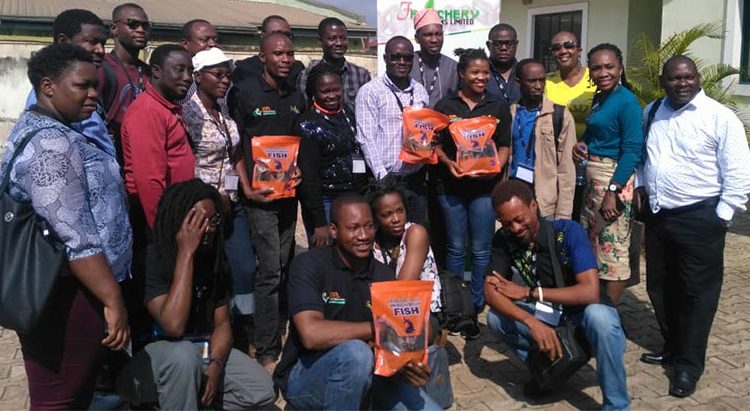
Exploring the dynamics of farm and non-farm employment among Nigerian youth
Varying factors often determine youth employment dynamics in different developing countries, ranging from economic conditions to government policies. Understanding these dynamics has continued to attract research interest due to the unabated unemployment crises in the continent, home to 50% of the world’s young population.
With Africa’s workforce growing much faster than other regions in the world, a situation that presents both opportunities and challenges, the youth often face the decision of transiting between farm and non-farm employment.
A youth researcher under the IITA–CARE project, Adedotun Seyingbo, conducted a study to understand the pattern and determinants of youth transition decisions between farm and non-farm in Nigeria. According to the research, more youth engage in non-farm employment than in farm employment. The study attributes this to several determinants such as gender, household size, age, access to the internet and mobile phones, distance to road and market, access to electricity, and land access.
While looking at the employment pattern within a 5-year period, the IFAD-funded study shows more youth engaging in trading, manufacturing, and the services subsector. Additionally, the study reveals that the regional pattern also varies. There seems to be an increased youth movement in the southern part of Nigeria to agriculture on average than in the northern part of the country. According to Seyingbo, more youth also chose to stay in non-farm employment in the period covered, irrespective of the region, with more youth in the South West and South East engaging in non-farm employment.
To understand and analyze the determinants of youth movement to and from farm employment, the study recommends addressing insecurity in the North West and North Eastern regions. Addressing this will achieve a shift in the movement pattern, from non-farm to farm, as the study found more movement from farm to non-farm in the two regions.
Also, policymakers can explore inclusive policies that will encourage female youth engagement in the production value chain. They can also introduce policies towards democratizing access to credit and land and promote a rural digital revolution that will hugely support many young farmers’ aspirations to stay on the farm.
The study highlights the need to increase investment in public infrastructure, such as power, telecommunications, and road networks, particularly in rural areas. This can reduce urban migration and encourage youth to engage in agribusiness.

